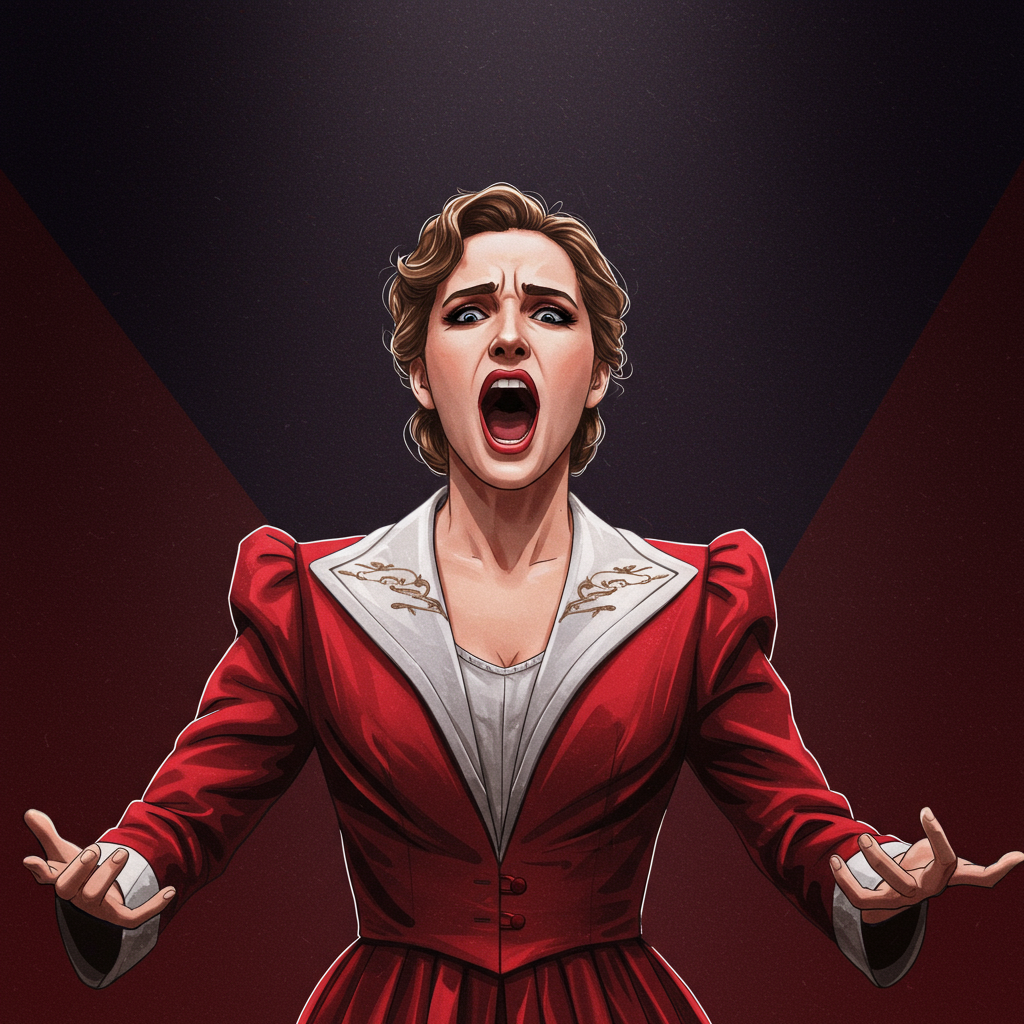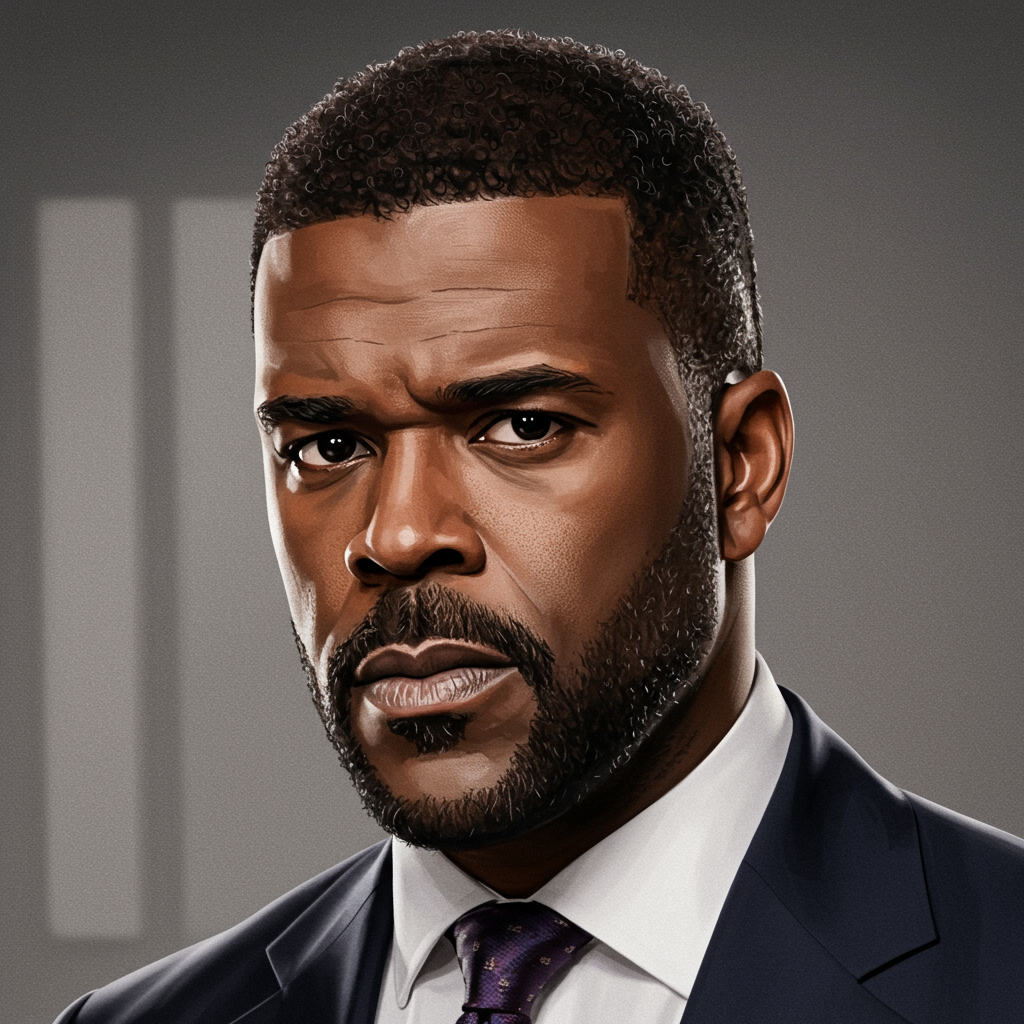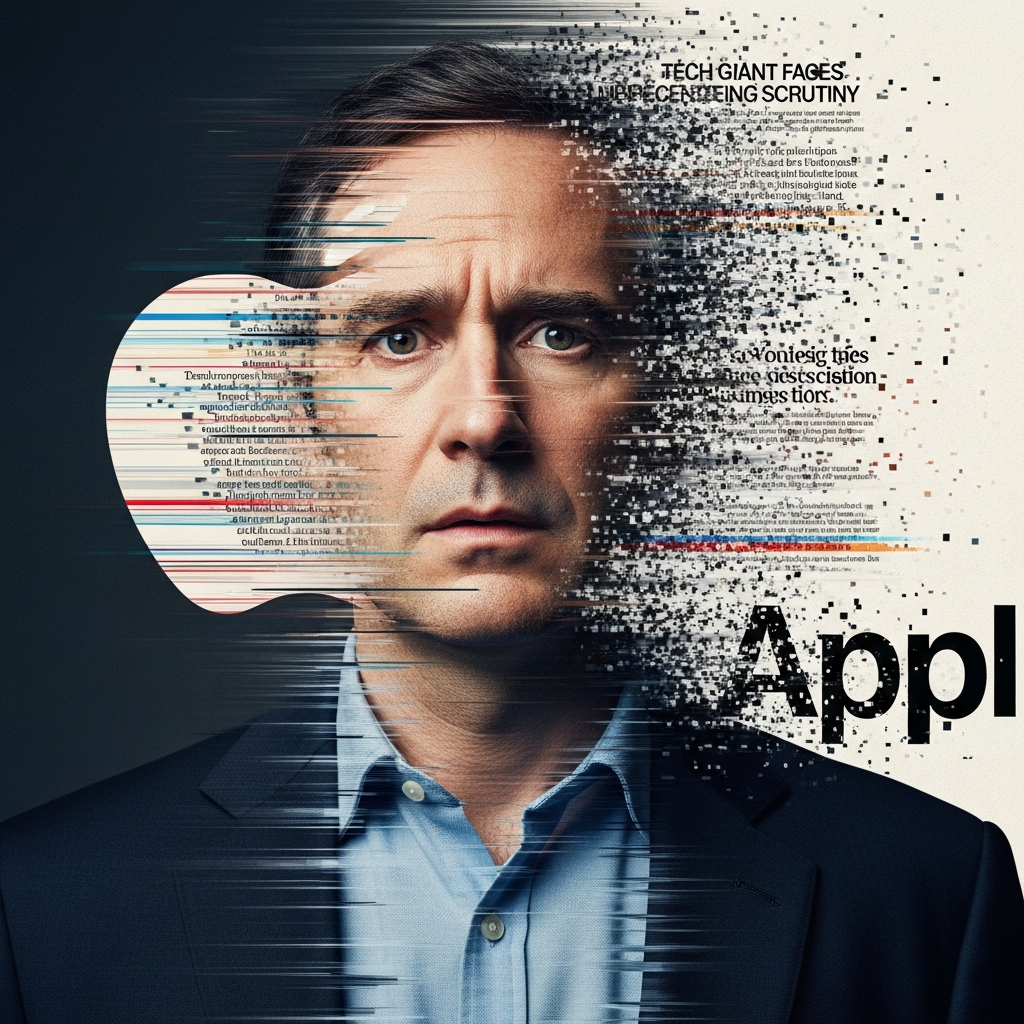The London theatre scene is buzzing, and at the heart of the excitement lies Jamie Lloyd’s electrifying revival of Andrew Lloyd Webber and Tim Rice’s classic musical, Evita, starring Hollywood sensation Rachel zegler at the London Palladium. This isn’t just a standard stage production; it’s a bold, high-octane reimagining that has captivated critics and audiences alike, sparking conversations far beyond the traditional arts pages. While Jamie lloyd’s signature style delivers a thrilling spectacle, it occasionally navigates complex territory, anchored by a truly phenomenal central performance.
The Unprecedented Balcony Moment: Artifice and Spectacle
Perhaps no single moment in recent theatre history has generated as much sheer buzz and commentary as the now-famous Act 2 opening of this Evita. Each night, Rachel Zegler steps onto the London Palladium’s iconic balcony overlooking Argyll Street and sings the soaring anthem “Don’t Cry for Me Argentina” to a crowd of onlookers gathered below. Simultaneously, the performance is streamed onto a large screen inside the auditorium for the ticketed audience. This isn’t a mere gimmick; it’s a pivotal dramatic choice.
Following the chaotic, super-amplified first-half closer “A New Argentina,” where Zegler’s Eva is a fiercely political, “malevolent brunette hood rat,” the balcony scene presents a stark contrast. Eva, now the First Lady, appears in a pristine white dress and elegant blonde wig – a picture of cultivated artifice. She addresses not just the street crowd but also us inside the theatre, who witness this carefully constructed moment as a propaganda broadcast. The street audience, drawn by the star power, unwittingly becomes extras in this cynical display, serving as Eva’s adoring public. The scene brilliantly highlights the manufactured nature of public image and political populism. Before returning inside, the costume and wig are symbolically stripped away, revealing the calculating figure beneath the polished exterior. This audacious sequence serves as a pitch-perfect blend of theatrical innovation, incisive political satire, and clever cinematography, making it a core element of the production’s fabric and Eva’s journey.
Rachel Zegler: A Phenomenal, Unsentimental Eva
Central to this production’s triumph is Rachel Zegler’s performance as Eva Perón. Stepping into a role famously inhabited by theatrical legends and a global pop star, Zegler delivers a portrayal described by critics as “phenomenal,” “incandescent,” and “brilliant and unsentimental.” At just 24, her decision to commit to four months in a demanding West End musical is itself remarkable, and her presence dominates the vast Palladium stage.
Zegler’s vocal range is genuinely jaw-dropping. While her delivery of classic showtunes like “Don’t Cry for Me Argentina” possesses the expected beauty and control, it’s her powerful “leather-lunged rock stuff” in the earlier, more visceral numbers that reviewers highlight as a revelation. This vocal power perfectly matches Lloyd’s raw, high-energy staging. Crucially, Zegler’s Eva is not seeking your sympathy. Unlike many previous interpretations, including Lloyd’s own 2019 version, which often offer a more forgiving view of Eva’s ascent, this production presents her as “simply not a nice person.” She is portrayed as a “ruthless climber” who leaves a trail of ruined lives, a chilling “Lady Macbeth figure” to her authoritarian husband. This unsparing depiction aligns with the production’s timely anti-fascist undercurrents and allows Zegler to showcase a cynical, cheeky poise that explains Eva’s magnetic political appeal.
Jamie Lloyd’s Bold, Abstract Reimagining
Jamie Lloyd, known for his distinctive, often minimalist and intense theatrical style, takes Evita and reinterprets it for a modern age. Discarding traditional period sets and costumes, he sets the show in a sleek, abstract “dreamspace” designed by Soutra Gilmour, featuring versatile black steps and bleachers that evoke an abstract version of a stadium gig or rally. The cast is dressed in contemporary, often striking outfits that look ready for an intimidating modern afterparty.
Within this stark monochrome palette, individual moments explode with vibrant color, like “heart-stoppingly brilliant bits where the colour blue suddenly explodes,” adding visceral impact. Fabian Aloise’s “phenomenal” choreography is absolutely crucial to the production’s texture, described as “playful, jerky and contorted, like sexy demonic possession,” conjuring the political chaos and emotional turmoil of 1940s Argentina through body language. Each song is treated almost like a “mini music video,” staged dynamically to maximize visual and emotional impact. Lloyd’s approach is lauded for being “blisteringly modern,” engaging with contemporary themes of populism, artifice, and fame.
Navigating Narrative and Character Dynamics
While thrilling and visually arresting, Lloyd’s abstract, fast-paced approach can sometimes lead to a sense of narrative ambiguity. Evita is a sung-through musical, heavily reliant on Tim Rice’s lyrics for plot context. In this production’s non-literal setting, the lyrics alone can feel “a bit hazy as a guide to the ins and outs of mid-twentieth century Argentinian politics,” leaving some audience members potentially seeking more historical grounding. The production embraces this ambiguity, presenting Eva’s legacy almost as “two spirits wrestling in purgatory.”
The relationship between Eva and Che, played by Diego Andres Rodriguez, is also redefined. In Lloyd’s 2019 version, Che was more of a knowing conspirator. Here, Rodriguez’s “rugged” Che acts more as a “Jiminy Cricket,” representing a conscience contrasted with Zegler’s “heartless and unappreciative Eva.” Their “distant and uneasy relationship” can feel “more confusing than usual,” although a dark final twist pays off the dynamic. James Olivas provides solid support as Juan Perón, bringing a notable youthfulness to the role.
Critical Reception and Event Status
Jamie Lloyd’s Evita has undoubtedly landed as the theatre “event of the summer” in London. Reviewers praise its technical brilliance, high energy, dynamic choreography, and modern relevance. The production is widely considered “technically sublime, fiercely performed, and visually magnetic.” However, Lloyd’s signature style, while creating a “gorgeous sensory overload,” has also sparked debate. Some critics feel the production occasionally prioritizes spectacle and intensity over character depth and narrative nuance, dubbing it “TikTok musical theatre.”
Despite these critiques, the consensus points to a production that is undeniably impactful, exhilarating, and often breathtaking. The average critical rating sits around 75.8%, indicating a strongly positive reception overall, even if it is a production that “may divide opinion.” The buzz surrounding Rachel Zegler’s star turn and the audacious balcony scene have successfully brought the show into wider public consciousness, engaging audiences beyond typical theatregoers.
The Road to Broadway?
Adding another layer of excitement, there is strong buzz and clear intent for this production, starring Rachel Zegler, to transfer to Broadway. Director Jamie Lloyd has expressed a desire to move the show to New York City “straight away,” potentially aiming for early 2026. Producer Michael Harrison and Lloyd are actively scouting potential Broadway venues.
Both Lloyd and Andrew Lloyd Webber have been effusive in their praise for Zegler, with Lloyd Webber calling her a “very rare beast” destined for “one of the greatest careers,” excelling in both stage and screen. Zegler herself is reportedly eager to bring the production to her hometown of New York. A key challenge for a Broadway transfer will be replicating the iconic balcony scene, requiring significant logistical planning with city officials, including potential road closures, to manage what could be an even larger street crowd than in London. Despite the hurdles, the prospect of this celebrated production and its star arriving in New York is highly anticipated, seen as a major event for the city’s theatre scene.
Frequently Asked Questions
What is Jamie Lloyd’s unique approach to directing Evita?
Jamie Lloyd’s production features a bold, abstract, and minimalist aesthetic, departing from traditional period settings. He uses sleek, modern designs and costumes, treating songs like dynamic “mini music videos.” The direction emphasizes artifice, populism, and political satire, notably through the unique live-streamed balcony scene. While visually striking and high-energy, this style can sometimes feel less narratively grounded than traditional stagings.
Who are the key cast members in the London Palladium production?
The revival stars Rachel Zegler as Eva Perón, who has received widespread acclaim for her powerful vocal performance and unsentimental portrayal. The cast also features Diego Andres Rodriguez as Che, interpreted in this production as a sort of conscience figure, and James Olivas as Juan Perón, noted for bringing a youthful energy to the role.
Will Jamie Lloyd’s Evita with Rachel Zegler transfer to Broadway?
There is a strong possibility that the production will transfer to Broadway. Director Jamie Lloyd and producer Michael Harrison have expressed a keen interest and are actively scouting venues in New York City, potentially aiming for a transfer as early as 2026. Rachel Zegler is expected to reprise her starring role, though replicating the unique balcony scene poses significant logistical challenges in NYC.
This Evita is more than just a revival; it’s a theatrical event. Jamie Lloyd’s bold vision, coupled with Rachel Zegler’s powerhouse performance and the unforgettable balcony scene, creates a production that is visceral, timely, and undeniably thrilling. While its abstract nature may challenge some, its energy, technical brilliance, and sharp commentary solidify its status as a must-see theatrical highlight, with an exciting potential future across the Atlantic.



